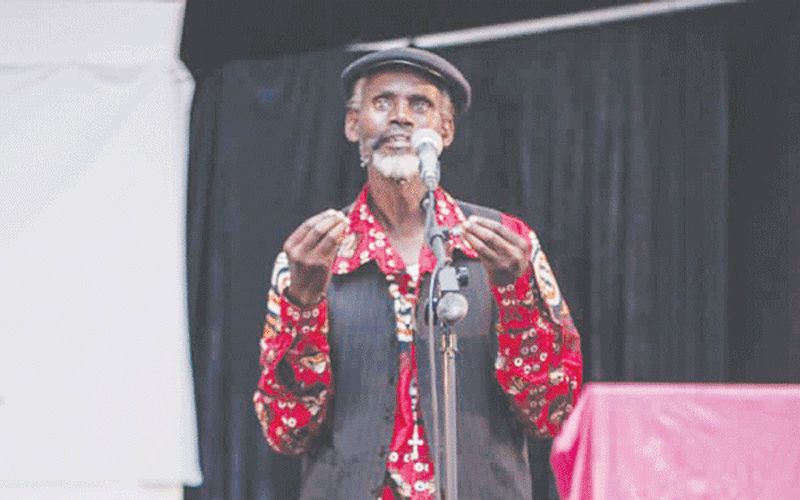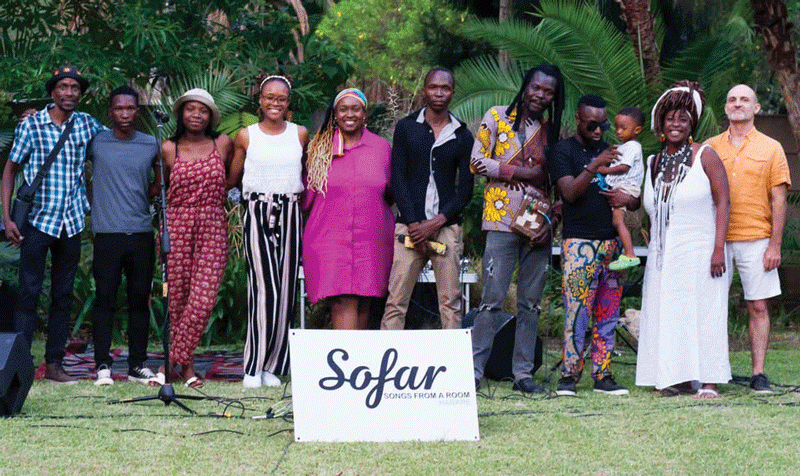
Green Spaces founder Privilege Tsongora says her dream is to see her company spreading its tentacles across Sub Saharan Africa by leading a reforestation drive.
Tsongora, who founded the company in 2019, said they had operations in Zimbabwe and South Africa where they are mainly involved in the setting up of tree nurseries and reforestation initiatives through climate action education in schools.
“One of the ways Africa can fight climate change is through reforestation and our goal is to lead a reforestation drive in Sub Saharan Africa,” she said.
“I am very passionate about nature and driving projects that will help Africa to fight the effects of climate change.
“Our operations in Zimbabwe and South Africa are focusing on the setting of tree nurseries, reforestation initiatives and community development through climate action education in schools, among other things.
“It is important that we start teaching our children about climate action at a very young age so that they grow up to be active and responsible citizens.”
According to a report by the Forestry Commission of Zimbabwe titled: Drivers of deforestation and forest degradation in Zimbabwe, between 1990 and 2000 Zimbabwe lost an average of 312,900 hectares of forest per year.
“This amounts to an average annual deforestation rate of 1.41 %. Between 2000 and 2005, the rate of forest change increased by 16.4% to 1.64% per annum,” the report says.
- COP26 a washout? Don’t lose hope – here’s why
- Out & about: Bright sheds light on Vic Falls Carnival
- COP26 a washout? Don’t lose hope – here’s why
- Out & about: Bright sheds light on Vic Falls Carnival
Keep Reading
“This loss of biodiversity can compromise the contributions of the indigenous forests to climate change mitigation through carbon sequestration affecting carbon and nitrogen cycles and livelihoods sustainability.”
Deforestation and forest degradation hotspots were found to be common in all the provinces, mainly the rural, resettlement and peri-urban areas.
“The direct drivers of deforestation include firewood, settlements, agriculture, wildfire, tobacco curing, charcoal, brick making, logging, overstocking, construction, mining and brushwood,” the report added.
“The indirect drivers included socioeconomic factors, legal factors, tenure, climate change/environmental factors and politics.
“Settlement expansion, agriculture, mining and tobacco curing were the most common drivers of deforestation and forest degradation and the most difficult to address.
“Mining and agriculture are likely to remain important in the future because both are economic pillars of the country.”
Tsongora said Green Spaces will seek to alleviate the crisis through tree planting initiatives and sensitising communities about climate change and its key drivers.
“Our aim is to create a network of environmental stewards across the region,” she said.
“We have a very passionate team that is driving our vision and we see a very bright future ahead.”










